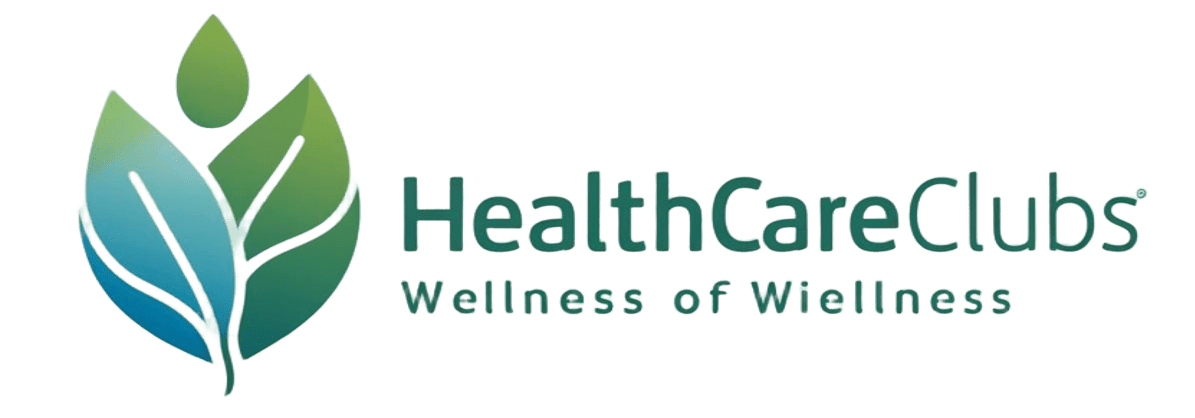In today’s fast-paced world, it’s easy to skip meals, eat on the go, or simply not get the nutrients we need from our food. That’s where daily vitamins come into play. Vitamins are essential for maintaining overall health, boosting the immune system, and preventing nutrient deficiencies. But with the shelves full of supplements, a common question arises: What vitamins should I take daily?
In this comprehensive guide, we’ll break down the essential vitamins your body needs every day, who needs them most, how to get them from food, and when supplements might be necessary.

Why Do We Need Daily Vitamins?
Vitamins are organic compounds that our bodies need in small amounts to function correctly. They play critical roles in:
- Supporting the immune system
- Converting food into energy
- Healing wounds
- Maintaining bone health
- Promoting healthy vision, skin, and organs
Since our bodies either don’t produce enough of these vitamins—or don’t produce them at all—we must obtain them through our diet or supplements.
Essential Vitamins You Should Take Daily
Let’s explore the vitamins most people should ensure they get daily, along with their benefits and sources.
1. Vitamin A
Why it’s important:
Vitamin A supports healthy vision, immune function, reproduction, and cell communication. It’s essential for the proper functioning of the heart, lungs, and kidneys.
Daily Recommended Intake:
- Men: 900 mcg
- Women: 700 mcg
Natural sources:
Carrots, sweet potatoes, spinach, liver, and fortified dairy products.
2. Vitamin B Complex
The B vitamins work together to help your body convert food into energy and support brain function and cell metabolism. Here’s a brief breakdown:
B1 (Thiamine):
Supports nerve and muscle function. Found in whole grains and pork.
B2 (Riboflavin):
Helps break down proteins, fats, and carbs. Found in dairy and leafy greens.
B3 (Niacin):
Improves cholesterol and supports brain function. Found in chicken, tuna, and legumes.
B5 (Pantothenic Acid):
Important for hormone and cholesterol production.
B6 (Pyridoxine):
Vital for metabolism and brain development.
B7 (Biotin):
Promotes healthy hair, skin, and nails.
B9 (Folate/Folic Acid):
Essential during pregnancy for fetal development.
B12 (Cobalamin):
Important for nerve function and red blood cell formation.
Natural sources:
Eggs, dairy, meat, leafy greens, legumes, fortified cereals.
Note: Vegans may especially need to supplement B12, as it’s found primarily in animal products.
3. Vitamin C (Ascorbic Acid)
Why it’s important:
Vitamin C is a powerful antioxidant that boosts your immune system, supports wound healing, and improves iron absorption.
Daily Recommended Intake:
- Men: 90 mg
- Women: 75 mg
Natural sources:
Citrus fruits (oranges, lemons), strawberries, bell peppers, broccoli, and kale.
4. Vitamin D
Why it’s important:
Known as the “sunshine vitamin,” vitamin D is crucial for calcium absorption and bone health. It also supports immune function.
Daily Recommended Intake:
- Adults (19–70 years): 600 IU
- Adults (71+): 800 IU
Natural sources:
Sunlight exposure, fortified milk, fatty fish (salmon, sardines), and egg yolks.
Note: Many people are deficient in vitamin D, especially those living in colder climates or who spend little time outdoors. A supplement is often recommended.

5. Vitamin E
Why it’s important:
Acts as an antioxidant, protects cells from damage, and supports immune function and skin health.
Daily Recommended Intake:
- Adults: 15 mg
Natural sources:
Almonds, sunflower seeds, spinach, and vegetable oils.
6. Vitamin K
Why it’s important:
Essential for blood clotting and bone metabolism.
Daily Recommended Intake:
- Men: 120 mcg
- Women: 90 mcg
Natural sources:
Leafy greens like kale, spinach, broccoli, and Brussels sprouts.
Additional Key Nutrients to Consider Daily
While vitamins are essential, don’t forget about key minerals and other nutrients that your body needs:
Calcium
Supports bone and teeth health. Most adults need around 1000 mg daily.
Sources: Dairy, fortified plant-based milk, leafy greens.
Iron
Needed to make hemoglobin and support oxygen transport in the blood.
Sources: Red meat, lentils, spinach, and fortified cereals. Women of childbearing age may need more iron due to menstruation.
Magnesium
Regulates muscle and nerve function, blood sugar, and blood pressure.
Sources: Nuts, seeds, whole grains, leafy greens.
Zinc
Essential for immune function and wound healing.
Sources: Meat, shellfish, legumes, seeds.
Who Needs Daily Vitamin Supplements?
While it’s best to get vitamins through whole foods, some individuals may benefit from daily supplements:
- Pregnant women: Need more folic acid, iron, and sometimes vitamin D.
- Vegans and vegetarians: May lack B12, iron, calcium, and omega-3s.
- Older adults: Often need more vitamin D, B12, and calcium.
- People with limited sun exposure: Might need a vitamin D supplement.
- Those with digestive disorders: Conditions like Crohn’s or celiac disease may affect nutrient absorption.
- Individuals on restrictive diets: May not get enough variety to meet all vitamin needs.
Always consult a healthcare professional before starting any new supplements.

Signs You May Be Vitamin Deficient
Some subtle or obvious signs that you may need more vitamins include:
- Fatigue or low energy (could be due to B12 or iron deficiency)
- Frequent illness (low vitamin C or D)
- Dry skin or brittle hair (could point to lack of biotin or vitamin A)
- Bleeding gums (vitamin C deficiency)
- Poor vision at night (vitamin A)
- Muscle cramps (could be low in magnesium or calcium)
How to Choose a Daily Multivitamin
If you’re not sure which individual vitamins to take, a daily multivitamin can help cover the basics. Here’s what to look for:
- Choose one tailored to your age and sex
- Avoid megadoses (more is not always better)
- Look for third-party testing (like USP or NSF certification)
- Read the label for dosage and avoid unnecessary additives
Final Thoughts: Do You Need to Take Vitamins Daily?
The answer depends on your diet, lifestyle, health status, and nutrient needs.
- If you eat a balanced, whole-food diet full of fruits, vegetables, whole grains, lean proteins, and healthy fats, you may already be getting what you need.
- If your diet is lacking or you’re part of a group at risk for deficiency, a daily supplement may be helpful.
Supplements should fill nutritional gaps, not replace food. Think of them as a safety net, not a substitute.
Quick Recap: Essential Vitamins to Take Daily
| Vitamin | Key Benefit | Natural Sources |
|---|---|---|
| Vitamin A | Vision & immune health | Carrots, spinach |
| Vitamin B Complex | Energy, brain, metabolism | Eggs, grains, legumes |
| Vitamin C | Immunity & antioxidants | Citrus, bell peppers |
| Vitamin D | Bones & immunity | Sun, fish, milk |
| Vitamin E | Skin & cell protection | Nuts, seeds |
| Vitamin K | Blood clotting | Leafy greens |
| Iron | Blood production | Red meat, lentils |
| Calcium | Bone strength | Dairy, greens |
| Magnesium | Muscle & nerve function | Nuts, grains |
| Zinc | Immune support | Meat, seeds |
Final Tip
Track your nutrient intake for a few days using apps like MyFitnessPal or Cronometer to see if you’re hitting your daily vitamin goals through food. If not, talk to your doctor or a registered dietitian about personalized supplementation.
Your health is an investment, not an expense. Taking the right vitamins daily can help you feel energized, resilient, and ready to take on life’s challenges with strength and vitality.







